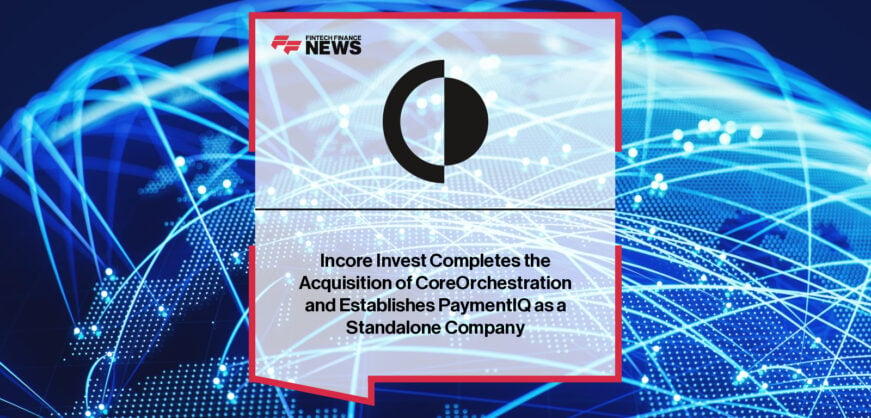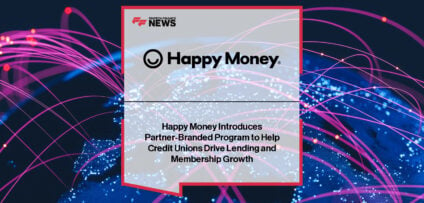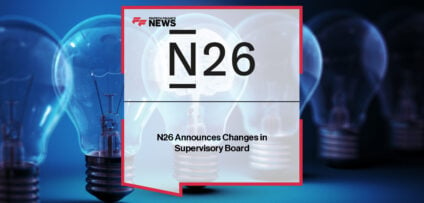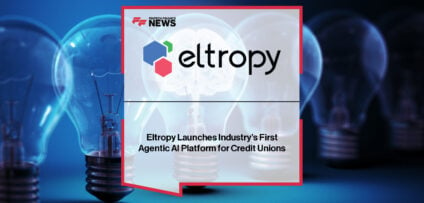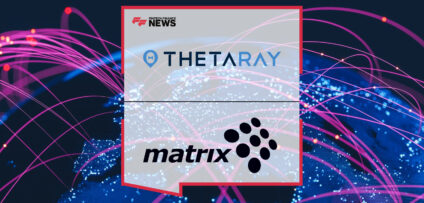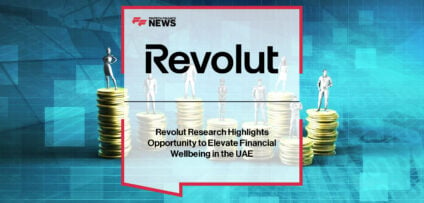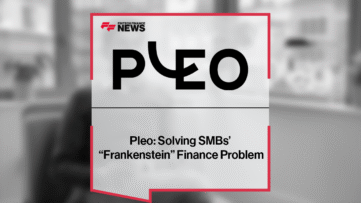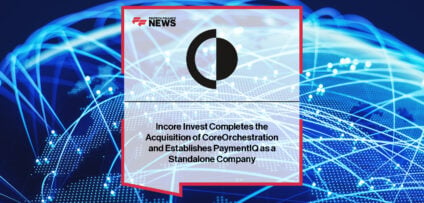Breaking News

Agentic AI – Banks Should ‘Handle with Care’, Personalization Expert Warns
70% of organisations in the Asia/Pacific (APAC) region expecting agentic AI to significantly disrupt their business models within the next 18 months This is particularly the case within the banking sector where agentic AI’s impact on bank productivity and efficiency is actually likely to ‘exceed expectations’ over the coming 3 to 5 years.
According to Vivek Seetharaman, Chief Product Officer at Moneythor, the deep banking platform for banks, for instance, the term ‘exponential’ can be applied equally to the risks as to the potential of the technology.
“Agentic AI will help banks realise the true potential of what we call ‘Deep Banking’; personalized (individualized) experiences, that anticipate customer requirements, and have the potential to extend beyond the domain of traditional banking services. In this sense, the impact could certainly be described as ‘exponential’,” he says.
“But – make no mistake – so are the risks. These range from data integrity (mis-classified data; an account overdraft mis-presented as a balance, for instance), to heightened risk of security breaches (resulting from AI agents autonomously interacting with multiple proprietary and third-party data services). The exponentiality stems from the nature of agentic AI – and the very aspect that makes it so compelling; layers of decisions being made, refined and repeated based on the same logic. Agents that ‘learn’ from inaccurate or incomplete data risk compounding their errors, and the consequences for a bank and its customers are evident.”
Traditional personalization and customer engagement techniques are based on predefined rules that govern the behavior of a system, while Agentic AI can literally learn on the job.
Vivek goes on to describe incorporation and deployment of such automated agents as ‘the antithesis of ‘plug and play’’, particularly within the banking sector, and highlights the following principles as crucial to ensuring the Agentic AI’s full potential is realised, rather than its risks:
-
The establishment of guardrails around specific language and contexts that could signal risk or potential incoherencies. Importantly, these guardrails should be appropriate and applicable irrespective of the LLM – by their very nature, LLM-specific rules can become entirely ineffective in the event of an update or LLM change (an inevitability across banks with multiple systems or the result of acquisitions
-
Fully documented governance procedures for the treatment and use of all data (including third party). These should be relevant and updated for whatever jurisdiction the bank is operating (or aspiring to operate) in.
-
Crucially, the incorporation of human judgement and control at regular intervals, throughout the process.
Vivek’s comments follow the launch of Moneythor’s new AI Suite to help banks deliver Deep Banking, of which Agentic AI is one game-changing element. The new suite also includes more familiar technologies such as Predictive AI enabling banks to forecast cash flows, generate real-time contextual recommendations based on probable future scenarios, and Generative AI to develop, test, deploy and adapt personalised customer content and recommendations ‘on the fly’.
In addition, Conversational AI – based on the industry standard Model Context Protocol (MCP) – delivers meaningful and contextual conversational experiences via any LLM, without the requirement to train each one separately.
“Moneythor has been deploying AI to deliver personalized banking services for more than 13 years; this experience has taught us to acknowledge ‘both sides’ of the exponential equation, particularly when it comes to Agentic AI,” Vivek adds.
“Agentic AI has particular relevance to customer relationships – from acquisition to support – since agents can not only help brands to scale a coherent, personalized experience, they do this in a ‘humanistic’ and natural way, since the agent actually learns and adapts ‘on the job’; just like human employees. However, this potential is matched by risks if not implemented with due care and attention,” he concludes.
Moneythor’s clients in South East Asia include Standard Chartered, DBS, Trust Bank, and RHB Bank.
People In This Post
Companies In This Post
- E-commerce Berlin Expo 2026 Jubilee Edition Reveals the AI future of Digital Commerce Read more
- Why Trust Is the New Payments Differentiator | Payment Spayce | Sagicor Bank | The Paytech Show #85 Read more
- E-commerce Germany Awards 2026 Reveals Industry Leaders and Best Innovators Read more
- Pleo: Solving SMBs’ “Frankenstein” Finance Problem Read more
- Bajaj Life Insurance Launches ‘Bajaj Life Opportunities Fund’, Capturing the Growth Opportunities Read more





